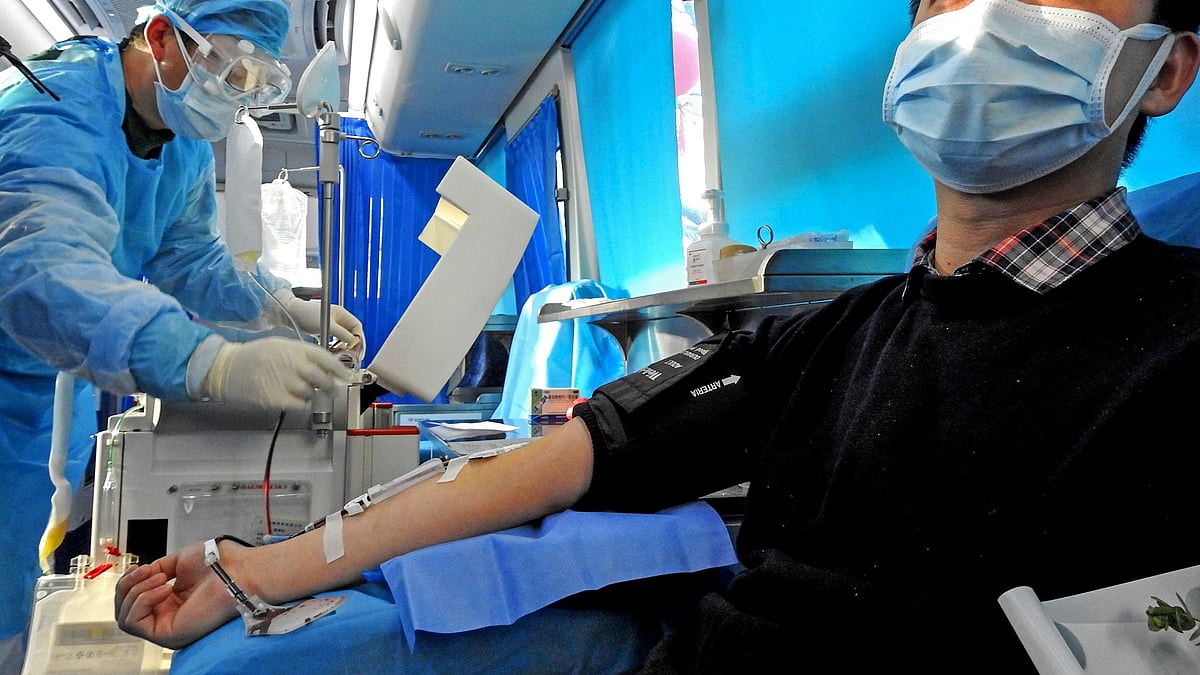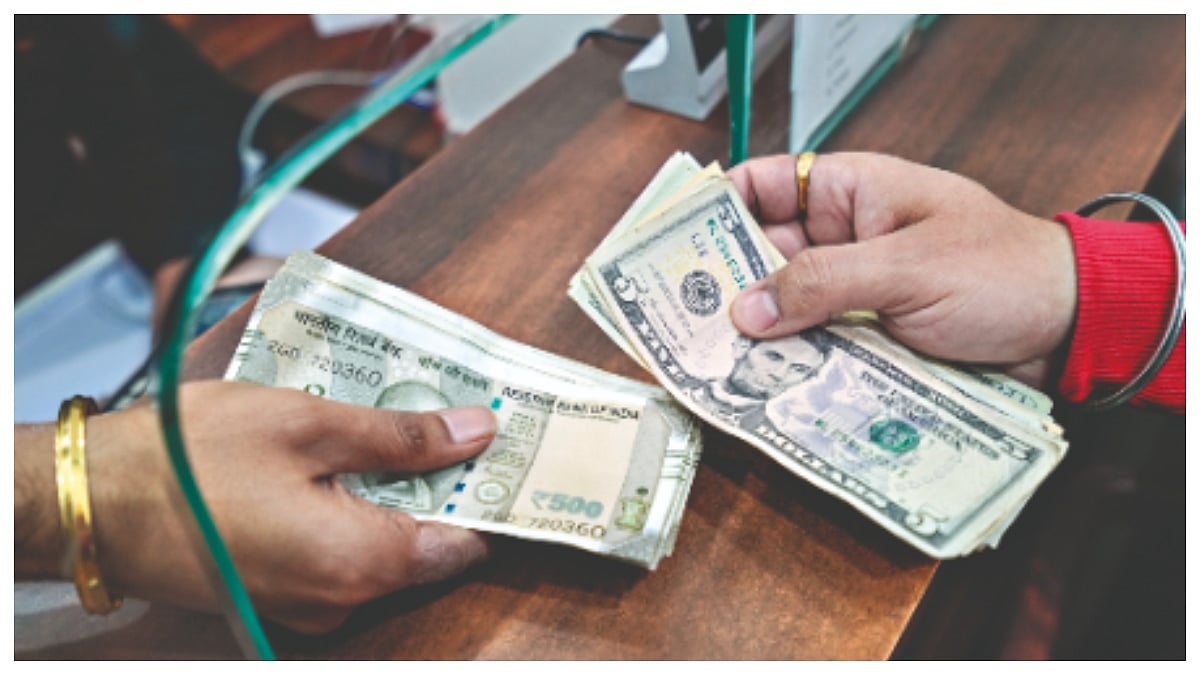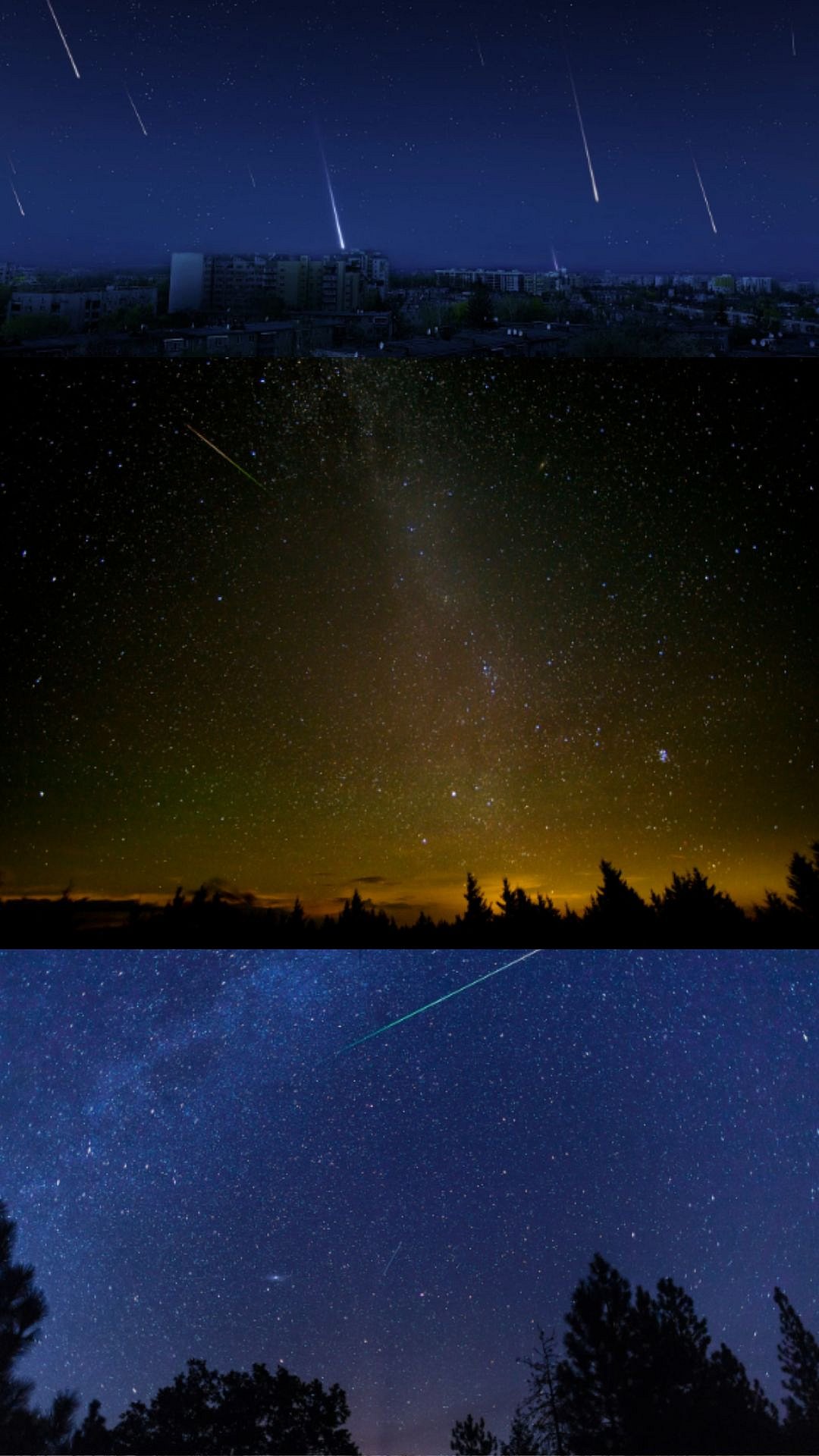By examining pre-existing research for other conditions, researchers have found a potential treatment that could be applied to Covid-19. The findings, published in the Journal of Biological Chemistry, established that a lipid found in the human body could be used to prevent or treat infections with SARS-CoV-2, the virus that causes COVID-19.
That lipid, called sphingosine, is a natural element taken from the body and is important in the lipid metabolism of all cells and the local immune defence in epithelial cells, a type of cell that lines the surfaces of the body including the skin, blood vessels, urinary tract and organs.
They serve as a barrier between the inside and outside of your body and protect it from viruses.
"We investigated whether a specific lipid is able to interfere with the binding of SARS-CoV-2 to human epithelial cells," said study author Erich Gulbins from the University of Cincinnati in the US.
According to the researchers, sphingosine has been shown in past studies to prevent and eliminate bacterial infections of the respiratory tract, but it is unknown if it can be used to prevent viral infections.
The coronavirus needs to bind to specific molecules on the surface of human cells as a prerequisite to infect them, they said.
"We show that the lipid sphingosine binds into the cellular 'lock,' the receptor ACE2, for SARS-CoV-2 and thereby prevents binding of the virus to and infection of human cells," Gulbins said.
Researchers in this study analysed the use of this lipid in regulating infection in cultured human cells with SARS-CoV-2 particles added.
"We showed that sphingosine prevented cellular infection in these cultures, and pretreatment of cultured cells or freshly obtained human nasal epithelial cells with low concentrations of sphingosine prevented adhesion of and infection with the virus," said Gulbins.
"These findings indicate that sphingosine prevents at least some viral infection by interfering with the interaction of the virus with its receptor; it could be used as a nasal spray to prevent or treat infections with SARS-CoV-2," he added.
"The nasal spray must be developed, but sphingosine is a natural product. More research is needed to see if this could be a treatment for Covid-19," the researchers wrote.









